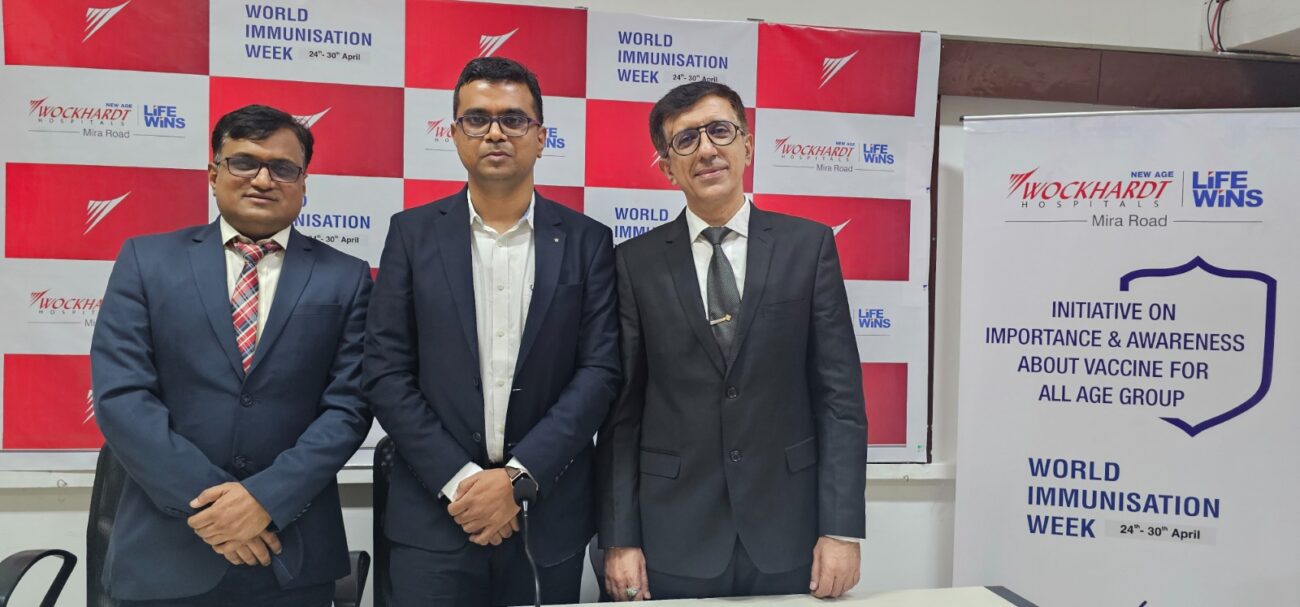Expectations of Pharma sector from Budget 2024
Inputs by: Mr. Saransh Chaudhary, President, Global Critical Care, Venus Remedies Ltd, and CEO, Venus Medicine Research Centre (VMRC) The upcoming Union Budget 2024-2025 will determine how well India progresses with regard to achieving its stated

Inputs by: Mr. Saransh Chaudhary, President, Global Critical Care, Venus Remedies Ltd, and CEO, Venus Medicine Research Centre (VMRC)
The upcoming Union Budget 2024-2025 will determine how well India progresses with regard to achieving its stated objectives of becoming the ‘Pharmacy to the World’ and embracing ‘OneHealth’ principles.
The government must continue incentivizing R&D and manufacturing to boost growth and innovation in the industry, something which was particularly evident in the Promotion of Research and Innovation in Pharma Med-Tech Sector (PRIP) scheme from the previous budget.
The second component of the PRIP scheme, with an allocation of Rs 4,250 crore, focused on research in the pharmaceutical sector, especially in six priority areas including antimicrobial resistance (AMR). A continued emphasis on prioritizing antibiotic research is crucial to help address the growing challenge of AMR. We suggest exploring innovative economic models to incentivize antibiotic research, recognizing the unique challenges associated with it. Market entry rewards and delinked subscription models could be considered to encourage pharmaceutical companies to invest in the development of new antibiotics. This strategic approach aligns with the goal of fortifying India’s position as a global pharma leader and addressing pressing healthcare challenges, including AMR.
Additionally, sustained efforts to address rising input costs, particularly the steep hike in Active Pharmaceutical Ingredient (API) prices are imperative. Incentives for domestic API manufacturers, coupled with a reduction in GST and import duty on APIs, would significantly enhance industry’s sustainability. The establishment of Special Economic Zones (SEZs) for research, exempted from GST, merits serious consideration. The continuation of the Research-Linked Incentive scheme and tax exemptions for materials procured for R&D purposes is crucial for creating a conducive ecosystem that enables R&D-driven pharma companies in India to compete globally.
Finally, the government must prioritize funds for digital integration in pharma supply chain, ensuring better access and uninterrupted deliveries in real time, since this is crucial for healthcare transformation.






